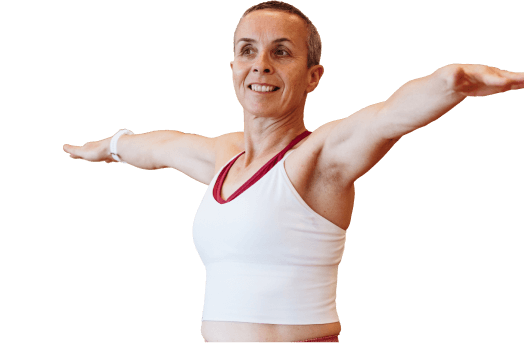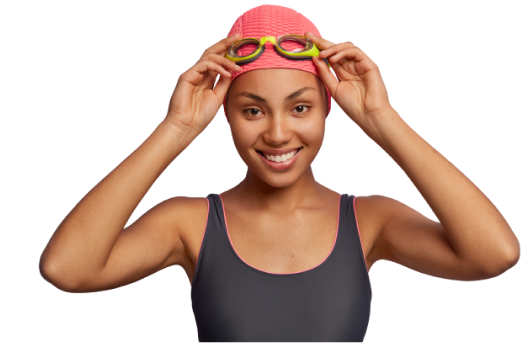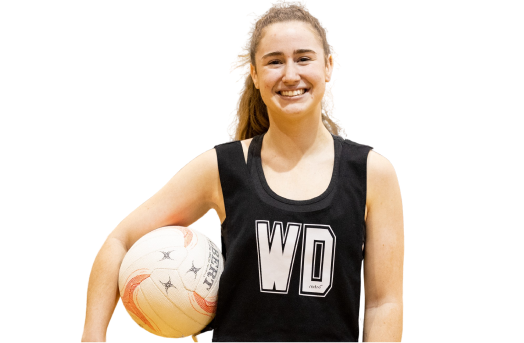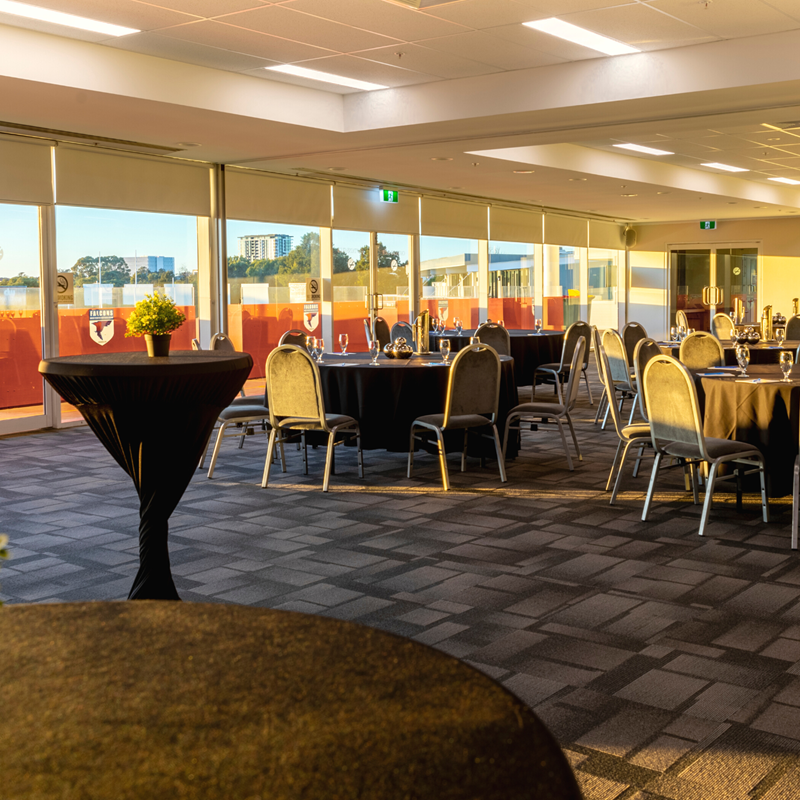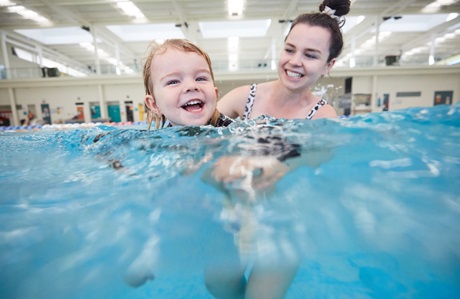Joondalup Swimming & Fitness Arena
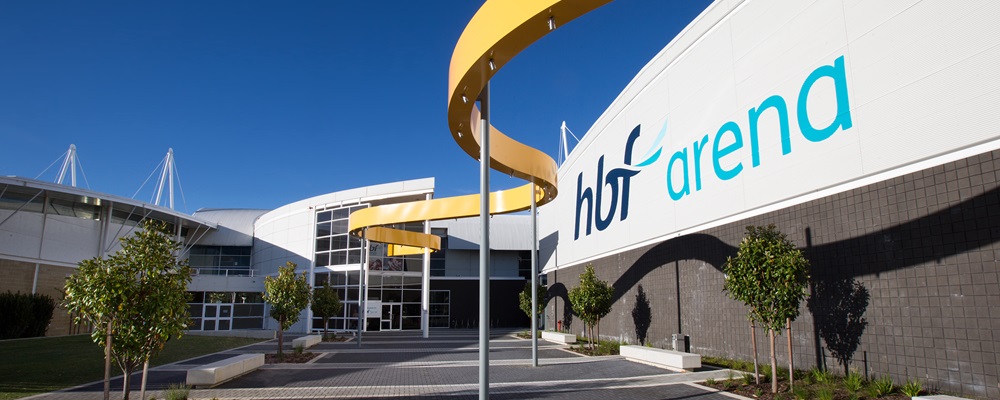
The premier sporting, fitness and entertainment hub for Perth’s northern suburbs
A modern gym with a dedicated group fitness studio, crèche, café and function spaces are all located inside the venue. Venture outside to find dedicated tennis courts, hockey pitches, rugby fields and netball courts surrounded by lush gardens.
Our family leisure pool was recently renovated, featuring a waterslide, toddler area and lanes. The 50m competition pool is not available and will be replaced by 2025.
Swim, train and play
We've got a range of services available with flexible options to suit your needs. Become a member or visit on a casual basis.
-
Gym
People of all ages, sizes and fitness levels are welcome to enjoy our gym facilities and classes.
Next group fitness class:View the group fitness timetableFetching next class information...
-
Swim
Our renovated family leisure is open, however the 50m competition pool is currently closed for renovations until 2025.
Current swim lane availability:
See more on the leisure pool reopeningFetching pool availability...
-
Social Sport
Explore our social sporting competitionsWhile competitions can be competitive, social sport is all about the fun, hanging out with friends or meeting new ones, sharing a laugh and keeping fit at the same time.
Enjoy mixed netball, indoor futsal and outdoor soccer at HBF Arena.
Get your team together and register today!
The benefits of maintaining your child's swimming routine over the cooler months are many but common myths see many abandon the bathers at this time of year. We challenge some commonly held myths about cool weather swimming below.
A reminder of winter swimming benefits:
- Swimming keeps children active throughout the year.
- Repetition of skills over the winter months stops kids regressing and having to relearn skills when the warmer weather returns.
- Maintaining a healthy schedule and routine is important for kids development.
- For active kids that play soccer, football, netball or basketball, swimming is a great cross-training active recovery that can help ease sore muscles and build endurance, fitness and flexibility.
- Myth 1: Swimming during cold weather causes colds
Viruses, rather than temperature are responsible for causing colds. it has been found that children who swim throughout winter often catch far less colds and flu, as they are often fitter and maintain stronger immune systems. However, it is always important to dress for the weather when leaving the pool. Students should be well dried, dressed warmly, and the use of beanie will assist in maintaining body temperature, avoiding likelihood of illness. It is not recommended to leave the Swim Centre wrapped in a wet towel or swimwear. - Myth 2: Having a break from swimming won't affect a child's water confidence
Swimming is commonly a confidence-based activity for children, learning to trust a new teacher, new depth in the pool, even a new activity can be a big hurdle for some learners.
A pause can easily turn into stopping lessons altogether, or it can make restarting lessons in summer tricky, as children try to remember skills they haven’t practised in months and their confidence is low, hindering their willingness to participate and progress their skills. The more time in the water, the better. - Myth 3: Having a few weeks break from lessons won't affect a student's skill progression or regression
Children often spend more time in and around water in summer which increases the risk of potential drowning. Children who stop swimming lessons over winter tend to forget or regress in their swimming skills, especially if their long term skill retention and muscle memory are in the early development stages.
Children are more likely to progress if they continue to develop skills over the cooler months, enhancing their water awareness and safety ready for lots of aquatic fun with family and friends over the warmer months. - Myth 4: My child only needs to know swim safety in summer
Drownings can occur all year round in all sorts of waterways. As a country surrounded by sea, with a water sports obsession, learning water safety is crucial. A 2022 Royal Life Saving Australia report, concerningly, estimated 40% of children leave primary school unable to swim the length of a 50m swimming pool and that participation drops off significantly after age seven. Making the most of the younger years to ensure kids have the skills and knowledge to keep themselves safe in water is essential.



